CBD has gained considerable attention for its potential to alleviate anxiety. Multiple mechanisms might contribute to CBD’s anxiolytic effects, including its interaction with the endocannabinoid system and serotonin receptors.
Some preliminary studies and anecdotal evidence suggest that CBD may help reduce symptoms associated with:
The endocannabinoid system (ECS) is a complex cell-signaling system that plays a crucial role in regulating various physiological processes.
CBD interacts with the ECS differently than THC.
While THC binds directly to CB1 receptors, causing psychoactive effects, CBD exerts a more indirect influence. CBD is believed to inhibit the breakdown of endocannabinoids, thereby enhancing their natural effects on the ECS.
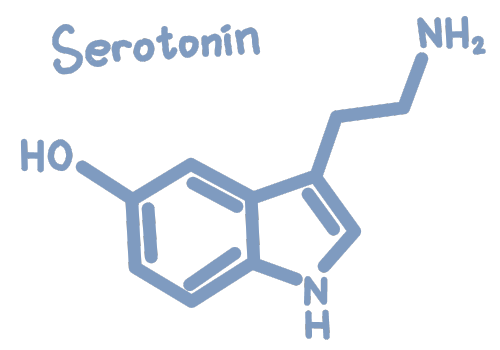
Serotonin is a neurotransmitter that plays a key role in mood regulation and anxiety. One of the ways CBD may reduce anxiety is through its interaction with serotonin receptors, particularly the 5-HT1A receptor.
By stimulating the 5-HT1A receptor, CBD may help increase serotonin levels in the brain, which can lead to improvements in mood and reductions in anxiety. This interaction is one of the primary pathways through which CBD is thought to exert its anxiolytic effects.
The potential mechanisms through which CBD may reduce anxiety include:
The question of whether CBD is scientifically proven to help anxiety is a topic of ongoing research and debate. While there is no definitive answer yet, several studies suggest that CBD may have potential benefits for anxiety management.
SmartCBDHub
For instance, a large case series at a psychiatric clinic found that 79.2% of patients reported improvements in anxiety symptoms within the first month of CBD treatment.
When considering CBD versus antidepressants for anxiety, it’s important to understand the distinct roles each can play in managing symptoms.
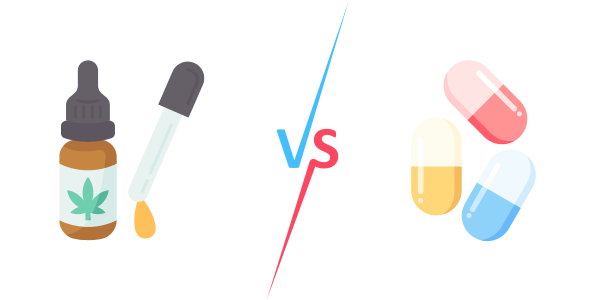
Antidepressants, such as SSRIs and SNRIs, are commonly prescribed for anxiety disorders and work by altering neurotransmitter levels in the brain, particularly serotonin and norepinephrine.
On the other hand, CBD offers a more natural alternative that interacts with the endocannabinoid system and serotonin receptors without producing the psychoactive effects associated with THC.
Some studies suggest that CBD may provide anxiolytic benefits with fewer side effects compared to traditional antidepressants. For instance, CBD has been shown to reduce anxiety symptoms in social anxiety disorder and PTSD, potentially offering relief without the common side effects of prescription medications.
However, it’s crucial to note that while CBD may complement or enhance anxiety management strategies, it should not be considered a direct replacement for prescribed antidepressants.
There are several methods to consume CBD, each offering its unique advantages and considerations:
Among the best CBD products for anxiety are full-spectrum and broad-spectrum options, which contain a range of cannabinoids, terpenes, and flavonoids that may enhance the therapeutic effects of CBD.
Full-spectrum CBD includes up to 0.3% THC, potentially offering an “entourage effect” where all compounds work synergistically.
Broad-spectrum CBD provides similar benefits without any THC, making it a suitable choice for those who wish to avoid this compound.
Several top-rated CBD products for reducing anxiety symptoms.
While CBD is generally safe, it can still cause side effects in some individuals. These side effects are typically mild and may include:
CBD can interact with a variety of medications. These interactions can either enhance or inhibit the effectiveness of other drugs. This is because CBD is metabolized by the liver, where it can interfere with the enzyme cytochrome P450, which is responsible for metabolizing many different drugs.
The question of whether 100% CBD helps with anxiety is a common one, especially as more people turn to natural remedies for mental health support.
The future holds much promise for CBD, and with ongoing research, the potential for more sophisticated and standardized treatments for anxiety appears bright.
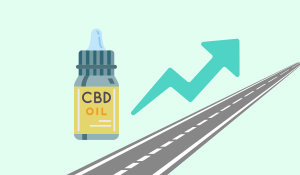
Therapeutic Uses of CBD Managing Chronic Pain with CBD Struggling with chronic pain? CBD might help. Studies suggest it can reduce inflammation and alleviate discomfort,...
Read More
Cannabis has been used for millennia to treat numerous health conditions. Current research offers promising results on the effects of CBD oil on breast cancer.
Read More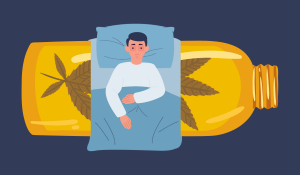
If you've ever wondered about using CBD for insomnia, you should know how CBD helps anxiety, stabilizes your sleep-wake cycle, and makes falling asleep easier.
Read More
CBD-infused salad dressing: Imagine a fresh, crisp salad enhanced with a light, herbaceous vinaigrette containing your daily dose of CBD. To create this, you’ll need...
Read More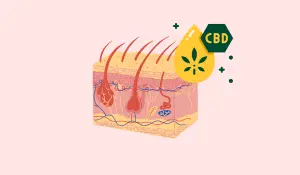
1. What Is CBD and Why Is It a Game-Changer for Skin Health? CBD (cannabidiol) is a natural compound extracted from the hemp plant. Unlike...
Read More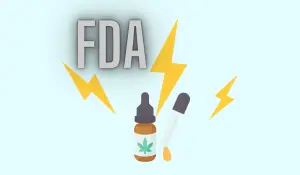
The Legal Landscape of CBD The 2018 Farm Bill and Its Impact The signing of the Agriculture Improvement Act of 2018, commonly known as the...
Read More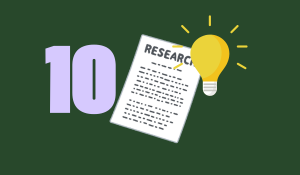
Breakthrough #1: CBD’s Role in Chronic Pain Relief Chronic pain robs people of precious moments. A 2021 study in the Journal of Pain Research highlights...
Read More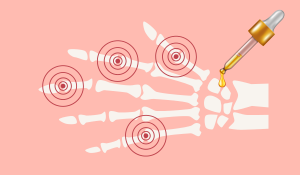
Understanding Arthritis Pain Arthritis is a chronic condition that affects daily activities, from opening jars to taking walks. Here’s a look at the two most...
Read More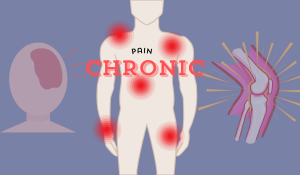
Types of Pain CBD May Alleviate CBD shows promise in managing various types of pain: CBD vs. Traditional Painkillers Traditional painkillers like opioids can be...
Read More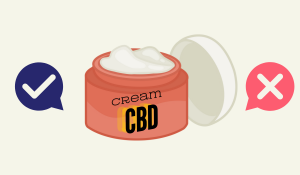
CBD Cream Side Effects – Focusing on Topical Applications How CBD Creams are Made Ever wondered how CBD creams come to life? It’s a fascinating...
Read More